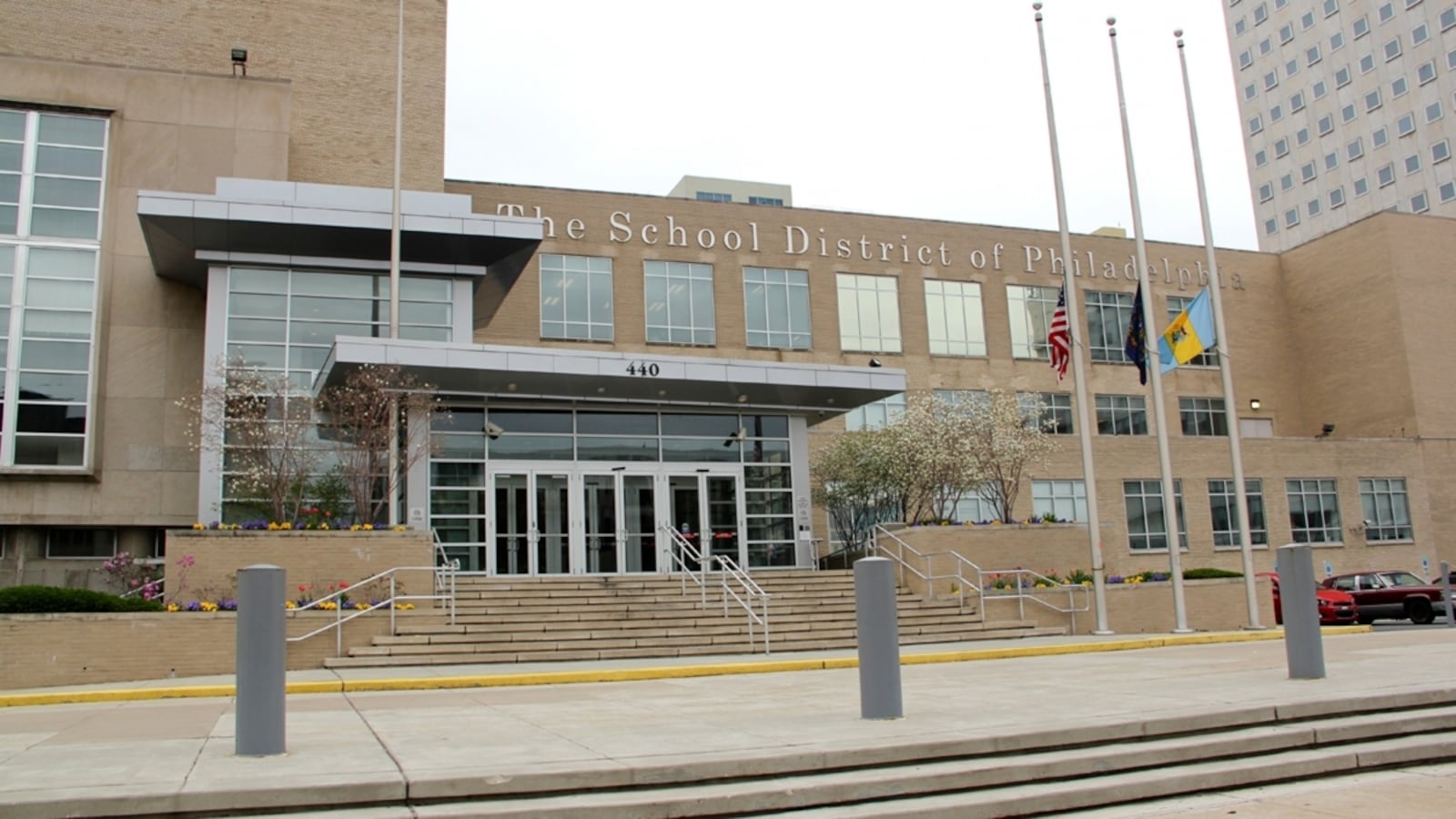This article was originally published in The Notebook. In August 2020, The Notebook became Chalkbeat Philadelphia.
Though the School District of Philadelphia and its charter community often bicker publicly, behind closed doors there have been substantial attempts by the two sides to reach consensus on how to rewrite Pennsylvania’s 20-year-old charter law, NewsWorks/WHYY has learned.
And those attempts offer a fascinating glimpse into what charter authorization and renewal may look like some day in a school district that has roughly half of Pennsylvania’s charter school students.
From around October to March, district and charter officials held a series of meetings designed to find common ground on charter reform and then produce either a new charter law proposal or a series of recommendations both sides could rally behind. The parties hoped they could present a proposal to Harrisburg that had the full support of public school advocates, charter advocates, and the district.
Negotiations felt short of that goal, instead stalling under contested circumstances.
The talks did, however, reveal some notable commonalities that could forecast the future of Philadelphia’s charter sector.
For instance, both sides agreed charters should be divided into three basic tiers. High performers would receive near-automatic renewals and be allowed to expand relatively easily. Mid-level performers would go through a review process similar to what charters experience now. Low-performing charters would be fast-tracked for closure and given limited avenues for appeal.
Charters would be sorted using a standardized performance rubric–something that could theoretically take the mystery out of charter evaluation.
"We wanted whatever we came up with to be transparent and predictable," said Superintendent William Hite.
The two sides also worked to formalize the charter approval and renewal process so that it had firmer deadlines and expectations.
Perhaps not surprisingly, the two sides never agreed on over where to draw the dividing line between the three tiers of charter schools and how specifically to construct the performance rubric.
"There was quite a bit of common ground," said Laurada Byers, founder of Russell Byers Charter School and a party to the negotiations. "But it was when you got to the details that it got squishy."
"The common ground was that there should be charters who are doing well that should automatically get renewals and also expand," she added.
Byers joined Mastery Charter Schools CEO Scott Gordon, Global Leadership Academy Charter Schools CEO Naomi Booker, and Mark Gleason, executive director of Philadelphia School Partnership, on the charter side of the table.
"Everybody in that room believes and wants accountability for charter schools and there is a lot of common ground about how to achieve that," said Gleason. "The challenge is in identifying the difference between ensuring accountability and creating unnecessarily intrusive regulatory burden."
The district’s representation included high-ranking officials such as superintendent William Hite, Chief Financial Officer Uri Monson, and DawnLynne Kacer, executive director of the Charter Schools Office. Donna Cooper, executive director of the non-profit Philadelphia Children for Citizens and Youth (PCCY) and public school advocate, also participated in the talks.
According to Cooper, both sides agreed the theoretical performance rubric should be weighted to favor charter schools that serve average or higher-than-average numbers of low-income students. The district initially wanted to reserve the highest performance tier for charter schools that rank among the top 10 percent of comparable Philadelphia schools. Charter advocates pushed for all schools in the top 50 percent.


